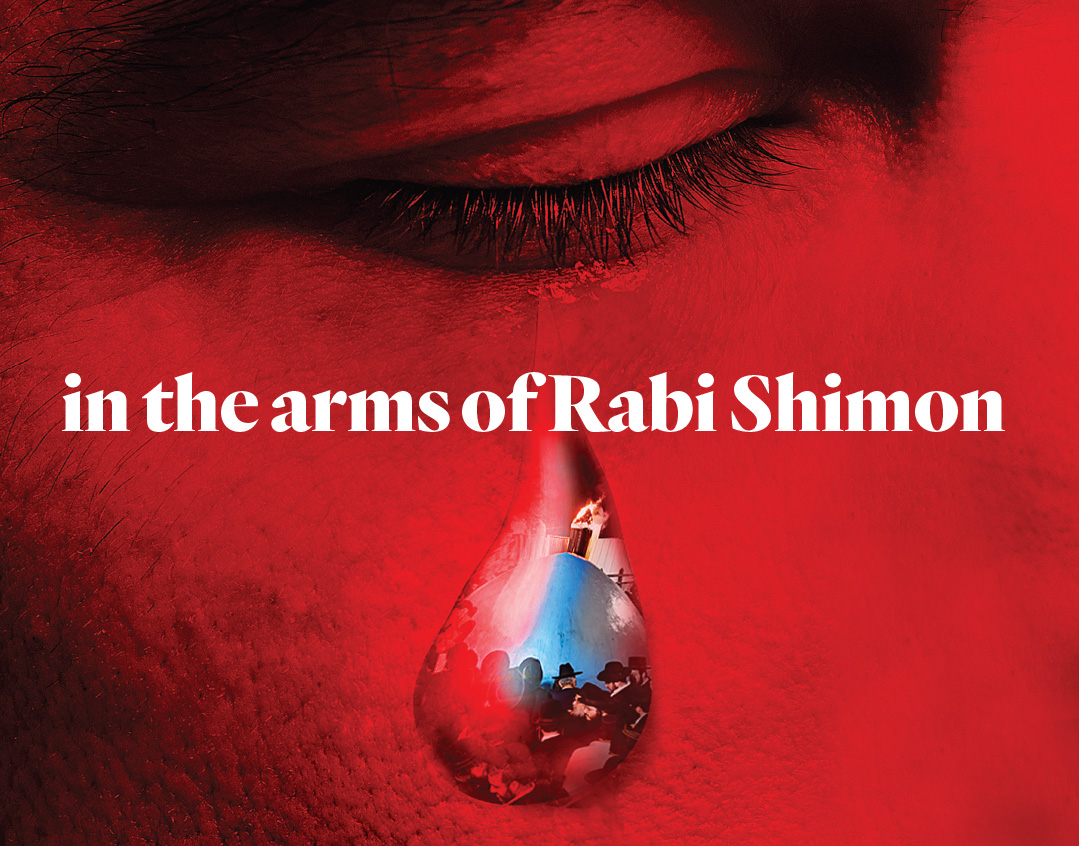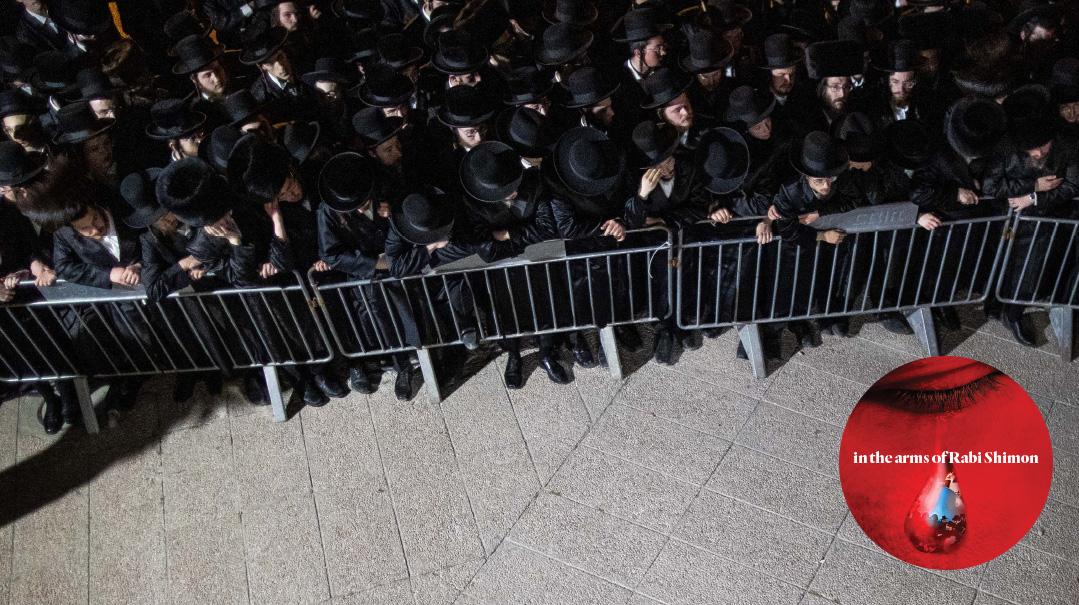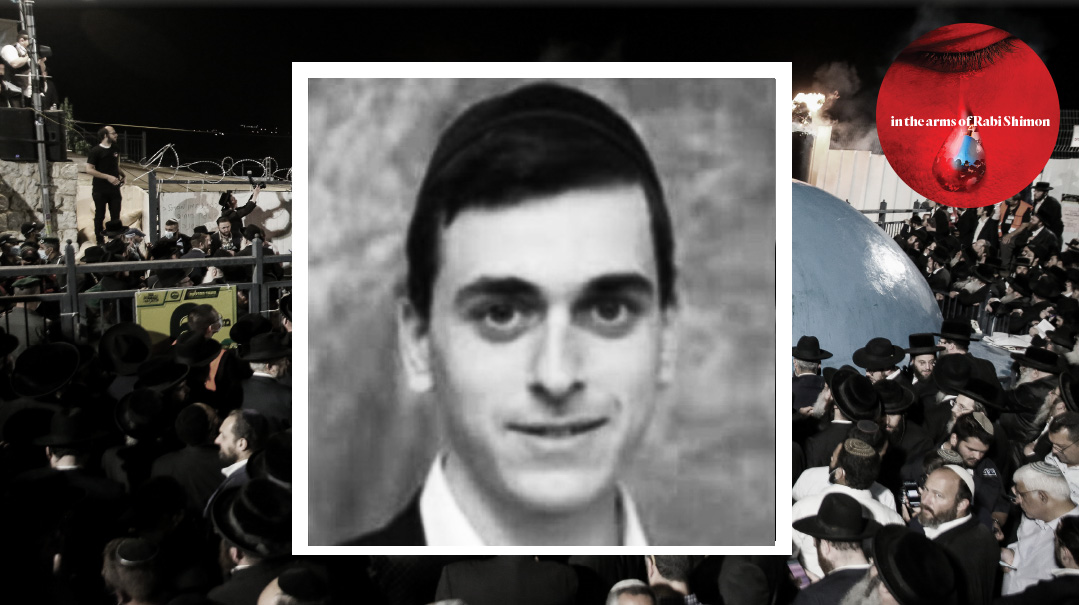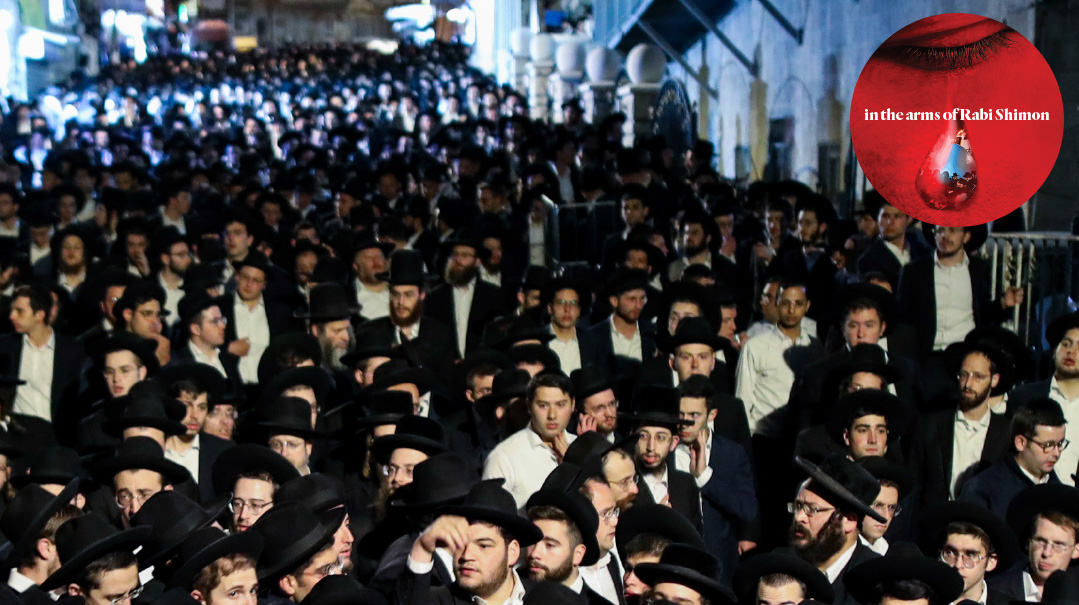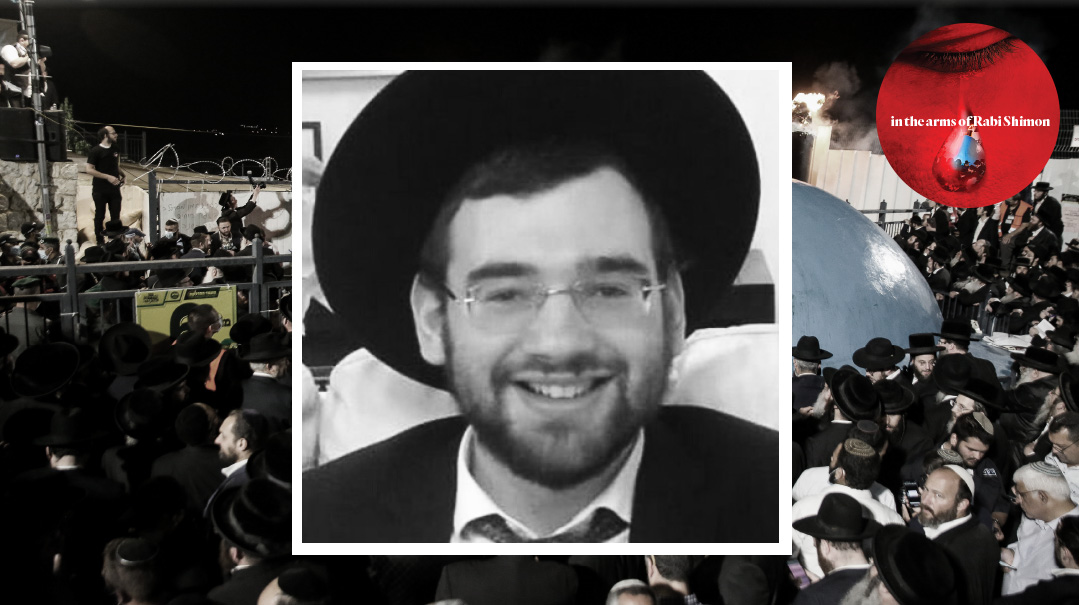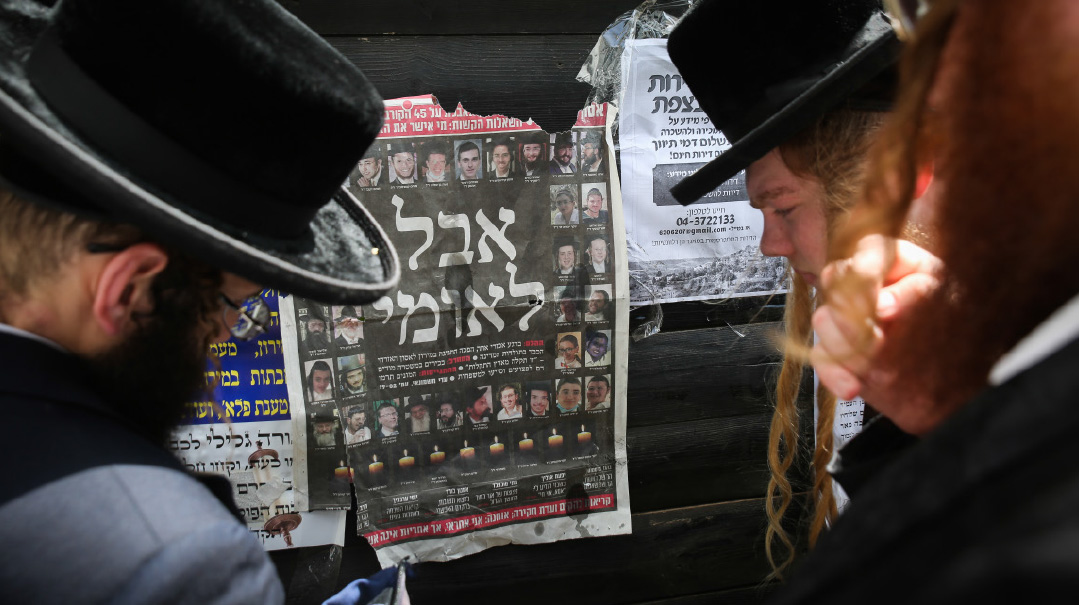Shragee Gestetner, 33, Monsey

If he had an ambition, it was to go bring simchah to as many cholei Yisrael as possible
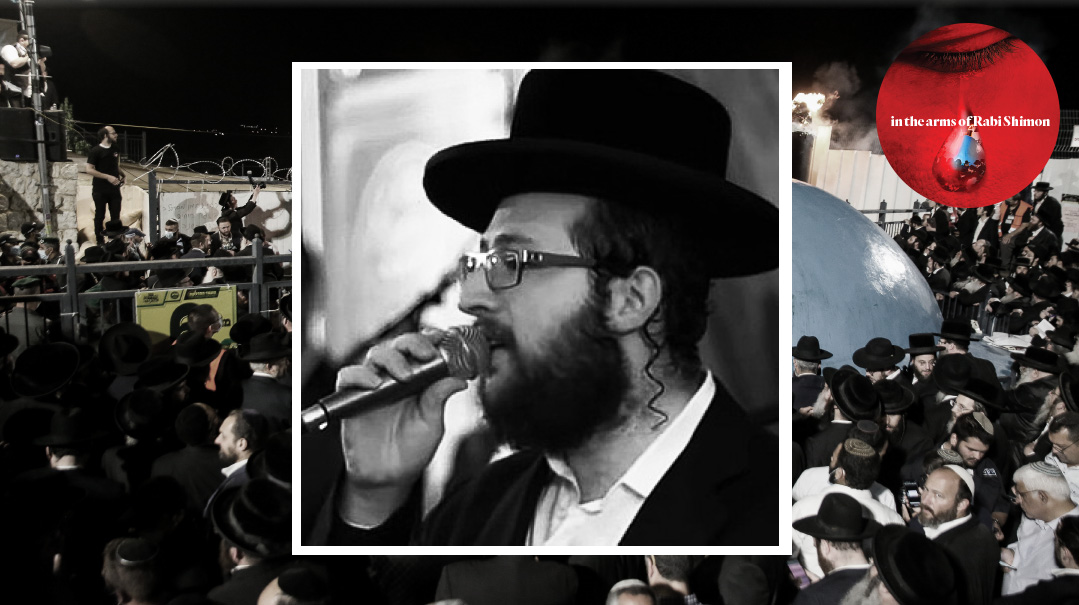
My brother was learning in the Skverer yeshivah in New Square, and he came home to Brooklyn one day with a CD of songs composed by a friend of his from yeshivah. I listened and was instantly moved. There was something about Shragee Gestetner, not just a beautiful voice, but a tremendous depth and sincerity. I immediately bought one of his songs, and we developed a relationship.
It became abundantly clear that he wasn’t just a composer, but a singer, with a special voice. He was eventually ready to record on his own, but it was important to him that his songs have a message, the words and the tune giving something to Klal Yisrael. He was addressing his people in every note.
I remember a trip we took together to record in Eretz Yisrael. He was so reverent and so erlich. We had to start the day with a real Shacharis, a serious Shacharis. We davened at the Kosel often, but Shragee also loved davening at the Churva shul, so we davened there on several mornings. He was makpid on pas Shacharis, according to halachah, and insisted I do the same.
His album was very well received, but fame wasn’t his goal — just the opposite. With success, he became ever more humble; it wasn’t about him. Money didn’t drive him, and I always remember how he would always pay my partner and me, his producers at the time, a bit more than he owed us, just to make sure he was being erlich and not taking money that wasn’t meant for him.
If he had an ambition, it was to go bring simchah to as many cholei Yisrael as possible, to brighten up as many hospital rooms as we could get to. That drove him.
And then one day, everything changed. He was done. He was at the peak of the industry, but he was leaving.
He would sing for family simchahs, he told me, but that was it.
He had two reasons, both of which meant the world to him. He wanted to be a father and husband, to be there for his family, and a wedding singer is out each and every night. He didn’t want that life anymore. At the time, he had four kinderlach and he felt it was time.
The second reason was that he wanted to start learning Torah seriously. He wanted to be a talmid chacham.
He started to wake up at four o’clock in the morning so he could learn a few hours a day and still work to support his family. At a siyum masechta, he reflected on how difficult it had been to break into learning Gemara seriously. He recalled being in Skver the previous Simchas Torah and davening, as he held the sefer Torah close, that HaKadosh Baruch Hu send him a good chavrusa.
It had worked out, and how, he said with great joy; he was completing his first masechta b’iyun.
In recent years, he had a new dream. There is an empty lot near where we live in Monsey, and he wanted to build a heichal haTorah, as he called it — not a shul or yeshivah, but a place where people could come learn Torah, at any hour of the day or night. He loved the Torah and wanted to share that gift.
Another kabbalah that became a part of who he was was his resolution that he would not talk in shul. Not by Kaddish, not bein gavra legavra, and not anywhere. He didn’t speak, at all, remaining the same friendly, pleasant Shragee, but fiercely maintaining this commitment.
He dedicated himself to Torah, to avodas Hashem, and to his family, as he’d hoped. He wouldn’t budge on that decision either. I know he was offered good money to accept a gig or event here and there, but he’d made a decision and he stuck with it. His six kinderlach were his main focus.
Shragee… remember him not for the sweet voice or even his sweet nature. Remember the ben Torah, the oved Hashem, the erliche Yid who used every moment he was given to create eternity.
—Gershy Moskowitz, as told to Yisroel Besser
Many times, the quality of a person’s voice are just an amplification of the qualities of his personal character.
It took only one encounter with Shragee Gestetner for me to realize what fueled the passion and charisma of his majestic voice, and what made his delivery on his second album — a collaboration with legendary composer Yossi Green — so impactful.
I lost my mother shortly before I turned 16. For my 17th birthday — my friends knew that I was a lifelong “music guy” — they wanted to do something special for me and decided to surprise me with a kumzitz by Shragee. One of the boys in my class lived in his neighborhood, and got him to agree to come perform for just $200. After a beautiful kumzitz, Shragee whispered to me that I should come with him to his car because he wanted to give me a brachah. We stood outside his car, and as he stretched out his hand to give me a brachah, he stuffed ten 20-dollar bills into my sweaty palms.
Sweet. Powerful. Larger than life — the voice perfectly amplified the soul.
Chatzi Katz
(Originally featured in Mishpacha, Issue 859)
Oops! We could not locate your form.






